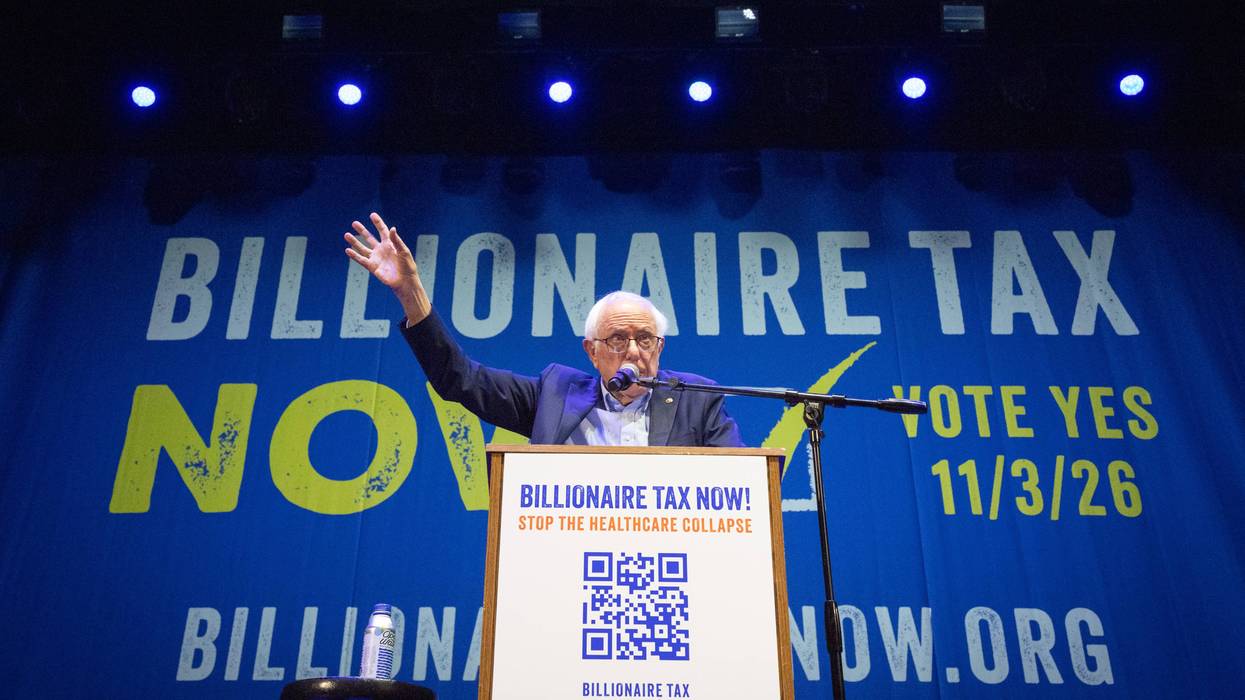"I have been telling [UK] Prime Minister Keir Starmer, of the United Kingdom, that Leases are no good when it comes to Countries, and that he is making a big mistake by entering a 100 Year Lease with whoever it is that is 'claiming' Right, Title, and Interest to Diego Garcia, strategically located in the Indian Ocean," Trump wrote.
"Our relationship with the United Kingdom is a strong and powerful one, and it has been for many years, but Prime Minister Starmer is losing control of this important Island by claims of entities never known of before," the president continued. "In our opinion, they are fictitious in nature."
"Should Iran decide not to make a Deal, it may be necessary for the United States to use Diego Garcia, and the Airfield located in Fairford, in order to eradicate a potential attack by a highly unstable and dangerous Regime—An attack that would potentially be made on the United Kingdom, as well as other friendly Countries," Trump added, referring to the critical US Air Force forward operating base at RAF Fairford in Gloucestershire.
Trump's post came as an advisor to the president said there is "a 90% chance" of a US attack on Iran in the coming weeks after nuclear talks end in Switzerland. Administration rhetoric and US movements suggest that Trump may soon resume bombing of Iran following last summer's bombing and assassination campaign targeting the country's nuclear scientists and infrastructure.
The president's Truth Social post concluded: "Prime Minister Starmer should not lose control, for any reason, of Diego Garcia, by entering a tenuous, at best, 100 Year Lease. This land should not be taken away from the UK and, if it is allowed to be, it will be a blight on our Great Ally. We will always be ready, willing, and able to fight for the UK, but they have to remain strong in the face of Wokeism, and other problems put before them. DO NOT GIVE AWAY DIEGO GARCIA!"
Trump's post stood in stark contrast the State Department, which said Tuesday that the US "supports the decision of the United Kingdom to proceed with its agreement with Mauritius concerning the Chagos archipelago".
Under the UK-Mauritius deal, Mauritius authorities will facilitate Chagossians’ eventual resettlement of their archipelago, with the apparent glaring exception of Diego Garcia. While some Chagossians welcomed the agreement, others denounced it, largely due to the exclusion of the Chagossian community from the negotiations.
Diego Garcia was once home to around 1,500 Creole-speaking Chagossians and their beloved dogs. However, in the 1960s the US convinced Britain to grant it full control there and subsequently began to “sweep” and “sanitize” the atoll of its Indigenous population, in the words of one American official.
“We must surely be very tough about this,” a British official privately wrote, adding that “there will be no Indigenous population except seagulls.”
Many Chagossians were tricked or terrorized into leaving. US Marines told them they’d be bombed if they didn’t evacuate, and Chagossians’ dogs were gassed to death with fumes from military vehicles. The islanders were permitted to take just one suitcase with them. Most were shipped to Mauritius, where they were treated as second-class citizens and where many ended up living in poverty and heartbreak in the slums of the capital, Port Louis.
Meanwhile, the US and Britain used Diego Garcia as a base for attacks on countries including Afghanistan, Pakistan, and Iraq during the so-called War on Terror, while despoiling the atoll's water with human sewage.
Britain’s High Court of Justice twice ruled that the Chagossians' removal was illegal. In 2019, the International Court of Justice in The Hague issued an advisory opinion that the UK was exercising “illegal” sovereignty over Diego Garcia and urged the British government to “decolonize” the atoll by handing sovereignty to Mauritius, whose government long contended it was forced to cede control in order to secure its own independence.




